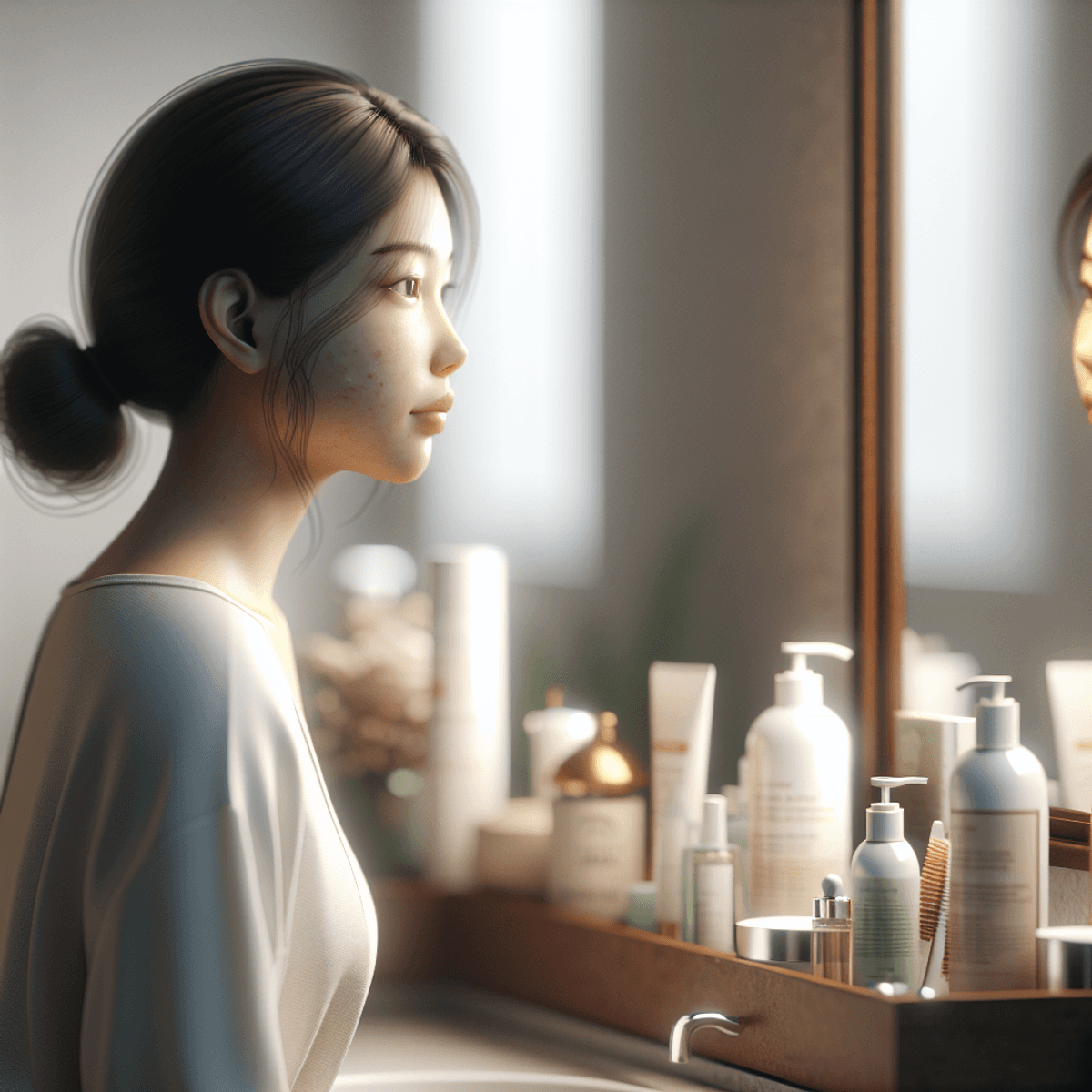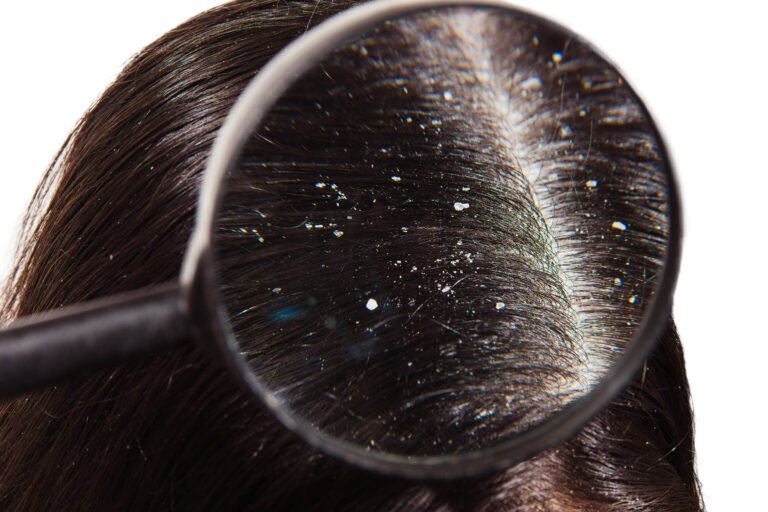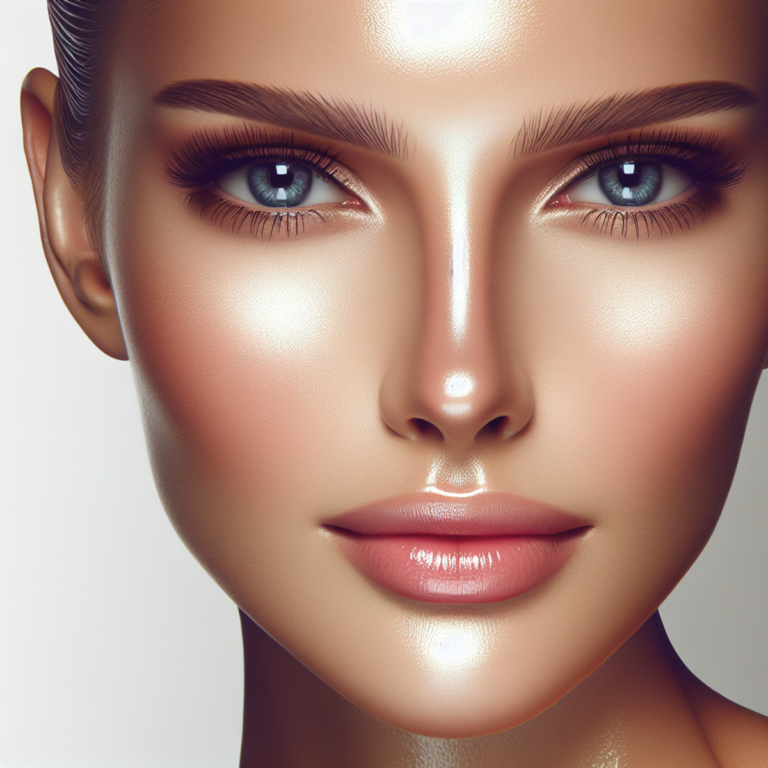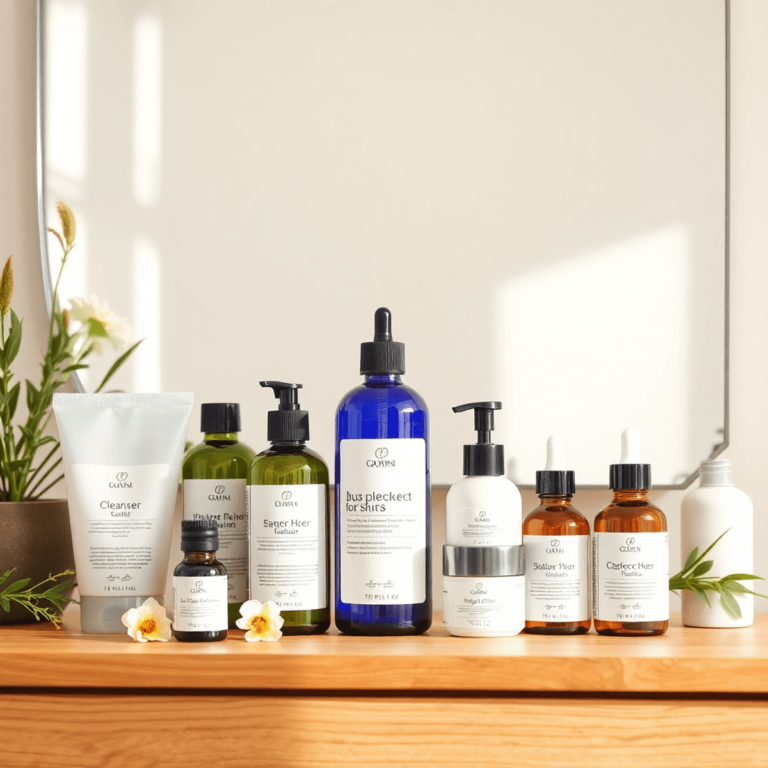What’s Causing My Pimple That Won’t Go Away, and How Can I Treat It?

Introduction
Persistent pimples are more than just a cosmetic concern; they can significantly impact your confidence and emotional well-being. These stubborn blemishes often refuse to fade away, leaving you frustrated and searching for solutions. Understanding what’s causing your persistent pimples is crucial for finding the right treatment path.
Grasping the underlying causes of acne is key to effective treatment. Acne, a common skin condition characterized by whiteheads, blackheads, and painful cysts, arises from excess oil production, clogged hair follicles, bacterial growth, and hormonal changes. Identifying these triggers helps tailor an approach that can effectively address persistent pimples.
In this article, you’ll find answers to important questions like how to get rid of pimples, explore various treatment options, and understand how lifestyle choices affect acne severity. You’ll gain insights into home remedies and advanced dermatological procedures designed to tackle even the most resistant blemishes. This comprehensive guide is your roadmap to understanding acne causes and learning effective strategies on how to get rid of pimples once and for all.
Understanding Acne and Persistent Pimples
Acne is a common skin condition that shows up in different ways, like whiteheads, blackheads, and cysts. Each type represents a different stage or form of acne severity, impacting individuals uniquely. Recognizing these manifestations is crucial for determining the appropriate treatment approach.
Common Causes of Acne
Several factors contribute to the development of acne:
- Excess Oil Production: The skin’s sebaceous glands produce oil (sebum) to lubricate the skin and hair. However, excessive production can lead to clogged pores, providing a breeding ground for bacteria.
- Clogged Hair Follicles: Dead skin cells and sebum can accumulate in hair follicles, leading to blockages that result in blackheads or whiteheads.
- Bacterial Growth: The bacterium Propionibacterium acnes thrives in oily environments, causing inflammation and contributing to acne formation.
- Hormonal Changes: Fluctuations in hormones during puberty, menstruation, or pregnancy can increase oil production, exacerbating acne.
Understanding these causes is essential if you’re looking for ways on how to remove pimples overnight or seeking long-term solutions like how to remove pimples naturally and permanently.
Addressing Acne Concerns
If you’re wondering how to get rid of pimples on your face or want to know how to remove pimple marks, it’s important to address the underlying causes. Treatments can include using creams or gels on the skin, making changes to your lifestyle, or both. Some people may look for quick solutions on how to get rid of pimples overnight, while others may focus on finding long-lasting methods that prevent them from coming back.
Exploring different strategies tailored to your skin type can significantly influence outcomes. Whether it’s choosing over-the-counter products or consulting with a dermatologist for personalized care, understanding the nature of your acne is the first step toward clearer skin.
Factors Contributing to Persistent Acne
1. Hormonal Influences
Hormonal changes are a major cause of persistent acne. These shifts can happen at different times in life, like during puberty, menstruation, and pregnancy, leading to breakouts that can be hard to control.
Puberty
During puberty, the body experiences a surge in hormones called androgens. These hormones make the sebaceous glands bigger and more active, which increases oil production. This excess oil can block hair follicles and create an environment where Propionibacterium acnes bacteria thrive, causing pimples that are difficult to get rid of.
Menstruation
Many people have hormonal acne related to their menstrual cycles. The ups and downs of estrogen and progesterone levels can make oil production and inflammation worse, resulting in breakouts before menstruation. Knowing this pattern can help plan preventive skincare routines.
Pregnancy
Pregnancy is another time when there are significant hormonal changes. Some women find their acne gets better during pregnancy, while others have more persistent breakouts due to higher androgen levels. Using gentle skincare products is often recommended to manage these changes.
Identifying these hormonal triggers is crucial for effectively addressing persistent acne. Dermatologists may suggest specific hormonal treatments such as birth control pills or anti-androgen medications like spironolactone for treating these types of breakouts. These solutions aim to balance hormone levels and reduce oil production, helping clear up stubborn blemishes.
If you’re wondering how to get rid of small bumps on your face or how to quickly address tiny bumps on your forehead, understanding the underlying hormonal influences provides insight into tailored treatment options. While tackling hormonal acne can be challenging, being informed about these factors allows for more strategic approaches to managing your skin health.
2. Dietary Considerations
Research shows that high-glycemic diets may play a significant role in persistent breakouts. These diets, rich in refined carbohydrates and sugars, can cause sharp spikes in blood sugar levels, leading to increased insulin production. Elevated insulin levels can trigger an increase in sebum production, creating an environment conducive to acne development. This may contribute to those stubborn spots on your face that refuse to disappear.
Adopting a low-glycemic diet could potentially help reduce the frequency of breakouts. By focusing on whole grains, legumes, and vegetables, you might notice a decrease in the appearance of zits and other blemishes. Incorporating anti-inflammatory foods, such as fatty fish and nuts, are also beneficial for maintaining clear skin.
For individuals wondering how to get rid of small bumps on face or how to get rid of little bumps on face quickly, paying attention to dietary choices is crucial. The relationship between what you eat and how your skin responds is complex but undeniable.
While dietary changes alone may not be enough to completely eliminate acne, they can be an effective component of a broader treatment plan. Pairing healthy eating with proper skincare routines can support overall skin health and aid in reducing those pesky bumps on your forehead or other areas.
Understanding these dietary factors offers a proactive approach to managing persistent acne. Implementing these insights into daily habits provides a practical pathway to clearer skin, aligning with goals like how to get rid of pimple scars or how to treat sudden face breakout.
3. Genetics and Medications
Understanding why acne persists often involves looking at genetic predispositions. Just like you inherit traits such as eye color or height, genetic factors can play a significant role in determining your skin’s tendency to develop acne. If your parents or siblings struggled with persistent breakouts, you might find yourself facing similar issues. This genetic predisposition affects how your skin reacts to hormonal changes and environmental stressors, contributing to the development of stubborn pimples.
Certain medications can also influence acne severity. For example, corticosteroids, often prescribed for their anti-inflammatory properties, can inadvertently trigger or worsen acne outbreaks. These medications may cause fluctuations in hormones, leading to an increase in oil production and subsequent clogging of pores. If you’re experiencing persistent breakouts while on medication, consulting with a healthcare provider about alternative treatments could be beneficial.
In addition to these factors, understanding how to manage and treat such conditions is vital. Knowing how to get rid of tiny bumps on the face or how to remove pimple scars naturally becomes essential for those dealing with persistent acne issues. Exploring methods on how to shrink a pimple in minutes or how to get rid of spots on bum overnight can provide immediate relief and improve skin appearance.
Considering both genetic influences and the impact of certain medications provides a comprehensive view of why some individuals experience more severe acne than others. Addressing these elements is crucial in finding effective solutions tailored to individual needs, helping you tackle questions like “What’s Causing My Pimple That Won’t Go Away, and How Can I Treat It?”
4. Lifestyle Factors
Lifestyle factors play a significant role in the persistence of pimples, often acting as key risk factors in acne development.
Stress
Stress is a notable contributor; elevated stress levels can trigger hormonal fluctuations that worsen acne symptoms. When you’re stressed, your body produces more cortisol, which can lead to increased oil production and clogged pores.
Sleep Quality
Sleep quality also plays a crucial role in maintaining clear skin. Poor sleep disrupts the body’s natural repair processes, leading to inflammation and potentially worsening acne. Ensuring adequate rest can help minimize these effects and support overall skin health.
Skincare Habits
Skincare habits are crucial in managing persistent acne. Simple yet effective routines such as cleansing your face twice daily with a gentle cleanser can prevent excess oil buildup and remove impurities without stripping the skin of its natural moisture. It’s essential to avoid harsh scrubbing, which can irritate the skin and worsen breakouts.
For those wondering how to get rid of small bumps on face or how to get rid of tiny bumps on face, adopting a consistent skincare routine tailored to your skin type is beneficial. Incorporating non-comedogenic products—those formulated not to clog pores—can reduce the likelihood of breakouts.
Diet
Addressing lifestyle impacts on acne involves considering dietary habits as well. A balanced diet low in refined sugars and high-glycemic foods may help reduce inflammation and prevent future breakouts.
Understanding these lifestyle impacts allows you to take proactive steps towards clearer skin, addressing questions like What’s Causing My Pimple That Won’t Go Away, and How Can I Treat It?. Making mindful changes in daily routines can significantly influence acne’s persistence and severity.
Effective Treatment Options for Persistent Pimples
1. Over-the-Counter Solutions
When dealing with persistent pimples, over-the-counter (OTC) solutions can offer a practical starting point. These treatments are often effective for mild cases and accessible to anyone seeking immediate relief. Key active ingredients found in these products include:
- Benzoyl Peroxide: This ingredient is well-known for its ability to kill bacteria, making it useful in reducing Propionibacterium acnes, the bacteria associated with acne. Available in various strengths, benzoyl peroxide also helps dry out excess oils and dead skin cells, helping to unclog pores. It’s particularly effective if you’re wondering how to get rid of pimples on the forehead overnight.
- Salicylic Acid: Perfect for those worried about clogged pores, salicylic acid works by exfoliating the skin and dissolving keratin plugs that block hair follicles. This makes it an excellent choice if you’re looking to remove blackheads and whiteheads permanently. Regular use can help prevent future breakouts by keeping pores clear.
- Sulfur: Often overlooked, sulfur is another helpful ingredient for treating stubborn pimples. It assists in removing dead skin cells and excess oil, providing a gentle option for sensitive skin types.
- Alpha Hydroxy Acids (AHAs): AHAs like glycolic acid promote exfoliation, helping improve the appearance of acne scars and preventing new breakouts. They can be part of a skincare routine aimed at achieving smooth skin texture and addressing concerns such as how to get rid of bumps on your face.
- Tea Tree Oil: Known for its natural anti-inflammatory properties, tea tree oil serves as an alternative solution for those preferring non-synthetic ingredients. It’s particularly useful for reducing redness and swelling associated with active lesions.
These OTC options are designed to target different aspects of acne management—reducing bacteria, unclogging pores, and promoting skin cell turnover. Consistent use is crucial in achieving desired results. For anyone questioning how to stop pimples coming on face permanently, incorporating these treatments into a regular skincare regimen may provide answers.
While OTC treatments can effectively manage mild cases and prevent new outbreaks, they might not be sufficient if you’re dealing with more severe forms of acne like cysts or nodules—or if your goal is to learn how to remove pimples permanently. In such instances, consulting a dermatologist can open doors to prescription treatments tailored specifically for persistent conditions.
Moving from OTC solutions towards professional advice ensures that you address both current breakouts and potential underlying causes that contribute to ongoing acne issues. It’s important to approach skincare holistically—considering both topical treatments and lifestyle adjustments—to support lasting improvements in skin health.
2. Prescription Treatments from Dermatologists
When persistent pimples won’t go away, prescription treatments from dermatologists become essential in your battle against stubborn breakouts. There are various treatment options for persistent pimples, each designed to address specific acne issues.
Topical Retinoids
These vitamin A derivatives are a staple in dermatological care. They work by unclogging pores and promoting skin cell turnover, effectively reducing the formation of new pimples. Retinoids can be particularly effective for treating blackheads and whiteheads and are commonly prescribed as a daily nighttime regimen.
Antibiotics
For those dealing with inflammatory acne, topical or oral antibiotics such as clindamycin may be recommended. These medications help reduce bacteria and inflammation, addressing one of the key causes of persistent acne. While effective, they are typically used for a limited duration to prevent antibiotic resistance.
Hormonal Treatments
In cases where hormonal fluctuations are the underlying cause, hormonal treatments like oral contraceptives can provide relief. These medications regulate hormone levels, reducing oil production and preventing breakouts. They are often prescribed to individuals experiencing cyclical acne related to menstruation or other hormonal changes.
Each of these treatments targets specific aspects of acne development, offering a comprehensive approach to how to make pimples go away and how to remove pimples permanently. Consulting with a dermatologist ensures that the treatment plan is customized, considering factors like skin type and acne severity.
Prescription treatments can also include advanced therapies such as isotretinoin for severe cases—though this approach is reserved for the most persistent forms of acne due to potential side effects. Engaging with a dermatologist will help determine the best path forward for achieving clear skin.
3. Advanced Dermatological Procedures for Severe Cases
For individuals dealing with severe cystic acne, where conventional methods have fallen short, advanced dermatological procedures can offer a beacon of hope. One such potent treatment is Isotretinoin, often regarded as a last-resort option but praised for its effectiveness in tackling the most stubborn cases.
Isotretinoin Usage:
- How It Works: This powerful medication works by significantly reducing the size and activity of the oil glands in your skin. By doing so, it minimizes oil production, which is a primary contributor to acne.
- Effectiveness: Many patients experience a dramatic improvement in their skin condition after completing an Isotretinoin course. It is particularly effective on how to stop pimples and offers a viable option for those seeking how to make pimples go away permanently.
- Things to Keep in Mind: Despite its effectiveness, Isotretinoin carries potential side effects such as dryness, increased sensitivity to sunlight, and more serious risks if not monitored correctly. Regular follow-ups with your dermatologist are essential during treatment.
Beyond Isotretinoin, other advanced treatments for cystic acne include laser therapy and chemical peels. These procedures aim to reduce acne scars and improve skin texture:
- Laser Therapy: Utilizes focused light beams to diminish bacteria and reduce inflammation, assisting those looking for how to get rid of spots on face quickly.
- Chemical Peels: These involve applying a chemical solution that exfoliates the top layers of skin, promoting regeneration and aiding in pimple solution strategies.
These advanced interventions provide viable solutions when you need how to cure pimples, especially when seeking how to remove pimples permanently. Always consult with your dermatologist to tailor the best approach based on individual skin needs.
In addition to these treatments, maintaining oral hygiene plays a crucial role in overall skin health. For instance, using high-quality dental products like DenTek Triple Clean Advanced Clean Floss Picks, which feature thin, strong floss that won’t break or shred, can help prevent conditions that may worsen skin issues.
Home Remedies and Natural Solutions for Persistent Pimples
1. Effective Home Remedies Worth Trying Out
Persistent pimples can be a source of frustration, but exploring natural remedies might offer some relief. These treatments are often cost-effective and utilize ingredients you might already have at home.
Tea Tree Oil
Known for its antibacterial properties, tea tree oil is a popular choice for treating acne naturally. A few drops diluted in a carrier oil can be applied directly to the affected area to help reduce redness and swelling. It’s essential to perform a patch test first to ensure no adverse reaction occurs.
Aloe Vera
This soothing plant has anti-inflammatory effects that make it ideal for calming irritated skin. Applying pure aloe vera gel to pimples can aid in reducing inflammation and promoting healing. Aloe vera’s gentle nature makes it suitable for sensitive skin types as well.
Honey
Raw honey is celebrated for its antiseptic qualities and ability to moisturize without clogging pores. Applying a thin layer of honey on the face can aid in drawing out impurities while keeping the skin hydrated and soft.
Green Tea
Rich in antioxidants, green tea can be used both topically and orally to combat acne. Applying cooled green tea bags or brewed green tea with a cotton pad can help soothe inflamed skin and reduce breakouts.
Apple Cider Vinegar
With its acidic nature, apple cider vinegar acts as an exfoliant that may help balance the skin’s pH levels. Diluting it with water before application is crucial to avoid irritation, especially on sensitive areas like the face or pubic region.
Understanding how to remove pimples naturally at home involves experimenting with these remedies while monitoring your skin’s response. These methods also address questions like how to get rid of deep pimples or how to reduce pimple redness in 5 minutes. Consistency is key when using home remedies for pimples, so patience is required as results may not be immediate.
Taking steps towards learning how to stop getting pimples includes maintaining good hygiene and being mindful of lifestyle choices—transitioning seamlessly into lifestyle modifications that support clear skin from within.
2. Lifestyle Changes for Clearer Skin
Making certain lifestyle changes can significantly help in managing and reducing persistent pimples. These changes are natural treatments that focus on enhancing your skin health from the inside out.
Dietary Adjustments
- Eat more fruits and vegetables to get essential vitamins and antioxidants that promote skin health.
- Cut down on processed foods and high-glycemic items like sugary snacks and refined carbohydrates. These foods may contribute to hormonal fluctuations that can trigger breakouts.
- Drink plenty of water to stay hydrated, which helps flush out toxins and keeps your skin supple.
Stress Management
High stress levels can make acne worse, so try incorporating relaxation techniques like yoga or meditation to maintain hormonal balance.
Sleep Quality
Make sure you get enough restful sleep each night as it aids in the body’s natural repair processes, including skin regeneration.
Skincare Habits
- Choose non-comedogenic skincare products that do not clog pores.
- Cleanse your face regularly with a gentle cleanser to remove excess oil and dirt without stripping the skin of its natural moisture.
Implementing these lifestyle changes can not only help clear existing pimples but also prevent new ones from forming, providing a holistic approach to achieving clearer skin.
Preventive Measures Against Future Breakouts
Preventing acne from coming back is crucial for keeping your skin clear. Regularly cleansing the skin helps remove excess oil, dirt, and bacteria that can lead to breakouts. A gentle routine includes:
- Washing the face twice daily with a mild cleanser. Avoid harsh scrubbing to prevent irritation.
- Moisturizing with non-comedogenic products to keep the skin hydrated without clogging pores.
- Limiting exposure to oil-based cosmetics or skincare products.
Incorporating stress management techniques like yoga or meditation can also reduce acne flare-ups by balancing hormones. Adequate sleep supports skin regeneration and healing.
Additionally, maintaining a balanced diet rich in vitamins A, C, and E promotes overall skin health. Drinking plenty of water ensures hydration from within, helping maintain a clear complexion.
By understanding what’s causing pimples that won’t go away and adopting these preventive measures, you can effectively manage acne and achieve healthier skin.
FAQs (Frequently Asked Questions)
What causes persistent pimples?
Persistent pimples can be caused by various factors including hormonal fluctuations, excess oil production, clogged hair follicles, bacterial growth, and certain medications. Understanding these underlying causes is crucial for effective treatment.
How can I treat a pimple that won’t go away?
Treating a persistent pimple involves identifying its cause. Options include over-the-counter topical treatments containing ingredients like benzoyl peroxide or salicylic acid, maintaining a consistent skincare routine, and consulting a dermatologist for prescription medications if necessary.
Can dietary choices affect acne severity?
Yes, dietary considerations can play a significant role in acne severity. High-glycemic diets may increase insulin levels, which can lead to increased oil production and worsen acne. A balanced diet rich in whole foods may help improve skin health.
How do genetics influence acne?
Genetics can significantly affect an individual’s susceptibility to acne. If your family has a history of acne, you may be more likely to experience persistent breakouts. Certain genetic factors can influence how your skin responds to hormonal changes and other triggers.
What lifestyle factors contribute to persistent acne?
Lifestyle factors such as stress, lack of sleep, poor hygiene, and using comedogenic products can contribute to the persistence of acne. Maintaining a healthy lifestyle with proper skincare routines and stress management techniques can help reduce breakouts.
Are there natural remedies for removing pimples?
Natural remedies for removing pimples include applying tea tree oil, aloe vera gel, or honey directly to the affected area. These ingredients have antibacterial properties and may help soothe inflammation. However, results vary by individual and it’s important to patch-test any remedy first.









